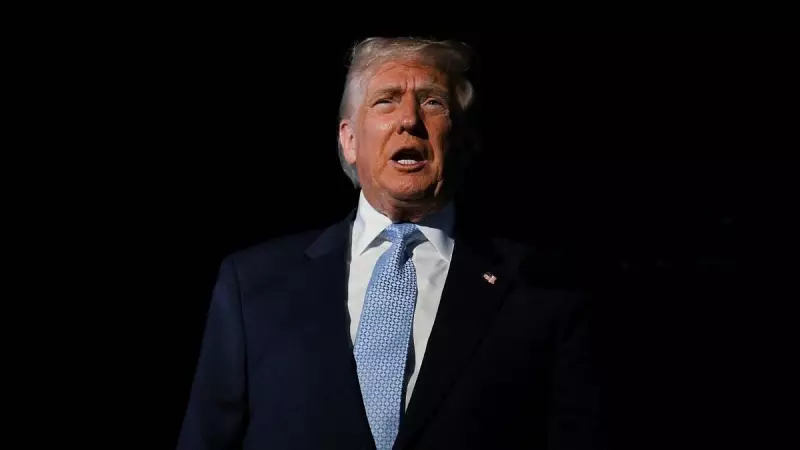
Trump Reveals Republican Plan to Target Russia's Trading Partners
Former President Donald Trump has announced that Republican lawmakers are actively drafting legislation that would authorize severe sanctions against any nation engaging in trade with Russia. The revelation came during Trump's interaction with reporters where he confirmed his personal involvement in proposing this significant foreign policy measure.
The Proposed Sanctions Framework
Speaking to journalists, Trump explicitly stated, "As you know, I suggested it, so any country that does business with Russia will be very severely sanctioned." This declaration underscores the former president's continued influence on Republican foreign policy direction and highlights a potentially dramatic shift in how the United States might approach international relations concerning Russia.
The announcement, made on November 17, 2025, signals a hardening stance toward Moscow that could have far-reaching implications for global trade patterns. While specific details of the proposed legislation remain undisclosed, the broad framework suggests comprehensive economic measures targeting nations that maintain commercial relationships with Russia.
Potential Global Economic Consequences
This proposed sanctions regime could significantly impact numerous countries across Europe, Asia, and other regions that continue to engage in trade with Russia. The measure represents one of the most aggressive economic proposals put forward by Republican leaders in recent years and reflects Trump's longstanding approach to international diplomacy through economic leverage.
Analysts suggest that such legislation, if enacted, could reshape global supply chains and force many nations to choose between economic relationships with the United States and maintaining trade ties with Russia. The development comes amid ongoing geopolitical tensions and could mark a new chapter in how Western nations approach economic diplomacy with Moscow.
The timing of this announcement is particularly significant given the current global economic landscape and ongoing international discussions about appropriate approaches to dealing with Russia. The proposed bill could potentially affect energy markets, agricultural trade, and manufacturing supply chains worldwide.





